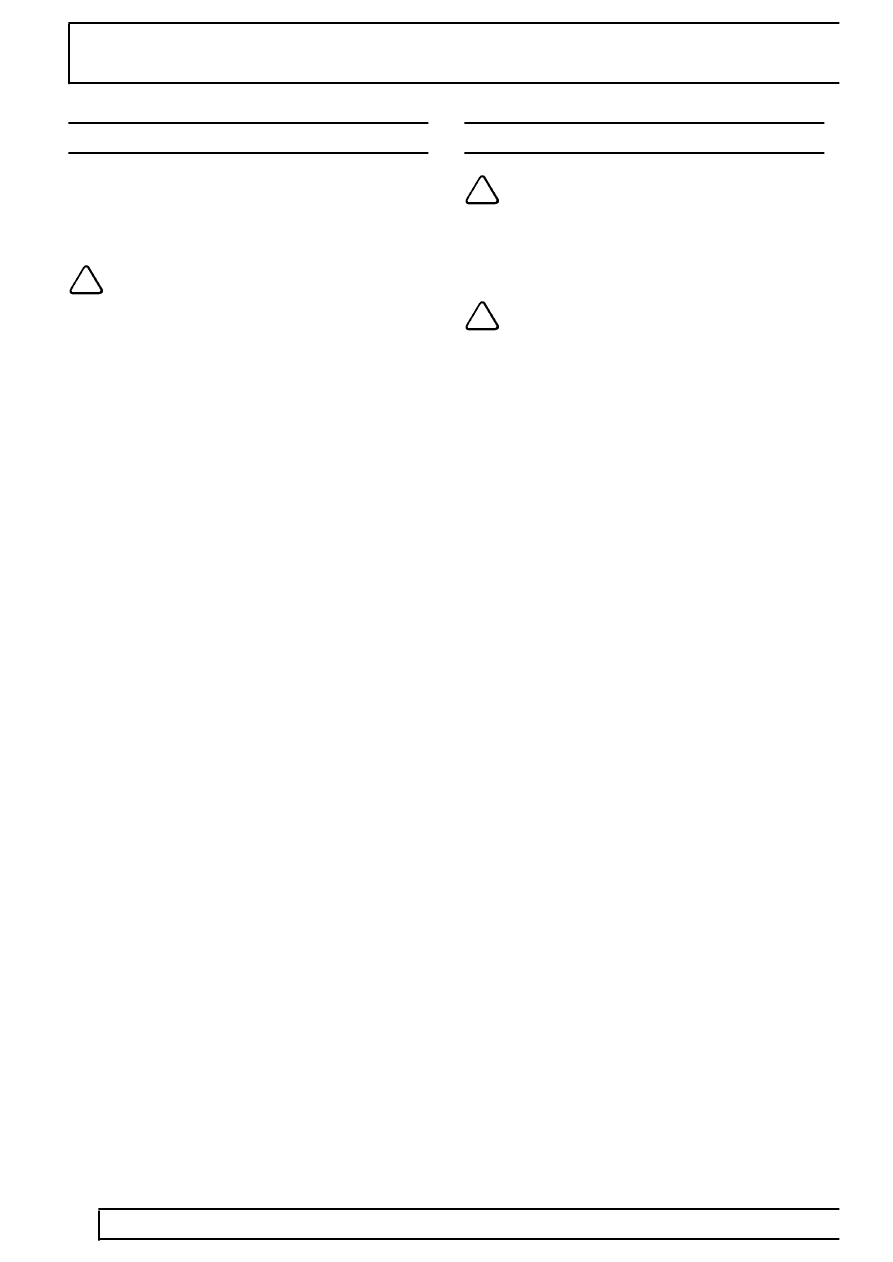Range Rover Classic

70
BRAKES
2
FAULT DIAGNOSIS
ABS FAULT DIAGNOSIS
If a fault has occurred, or has been identified by ECU
self diagnostic function and ABS warning light is
illuminated, system and components must be checked
to locate and rectify fault using Testbook diagnostics.
NOTE: If warning lamp has indicated a
fault in system, and no fault code has been
stored in memory, cause of fault is:
a)
Failure in electrical supply
b)
Loss of hydraulic pressure
c)
Faulty pressure switch
d)
Bad ECU ground
e)
Faulty warning light relay
f)
System not fully charged before driving away
g)
ECU not connected
Before commencing fault diagnosis procedure the
following items must be checked:
1. Inspect all exposed cables for damage or
abrasion.
2. Check ground on ABS system.
3. Battery - state of charge.
4. Fluid level in reservoir.
5. All ABS fuses and electrical connections.
6. Check hub end-float.
Refer to the Electrical Troubleshooting Manual -
D1.
Fault rectification
1. Complete harness must be replaced if faults are
found in wiring harness.
2. DO NOT use unspecified cables or connectors,
as this could jeopardise safe function of ABS.
3. DO NOT attempt to open sealed 35 way
connector to ECU.
FAULT DIAGNOSIS PROCEDURE
NOTE: If ABS warning light illuminates due
to large sensor air gap, fault will be
retained by the ECU memory. Where wheel
sensors have been pushed fully home prior to
test, blink code will indicate a fault that has been
rectified.
NOTE: After any steering adjustment,
bearing replacement/adjustment, brake
disc replacement: Check hub end-float and
sensor clearance.
